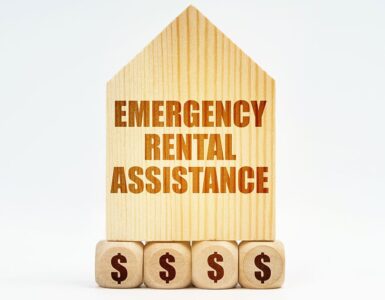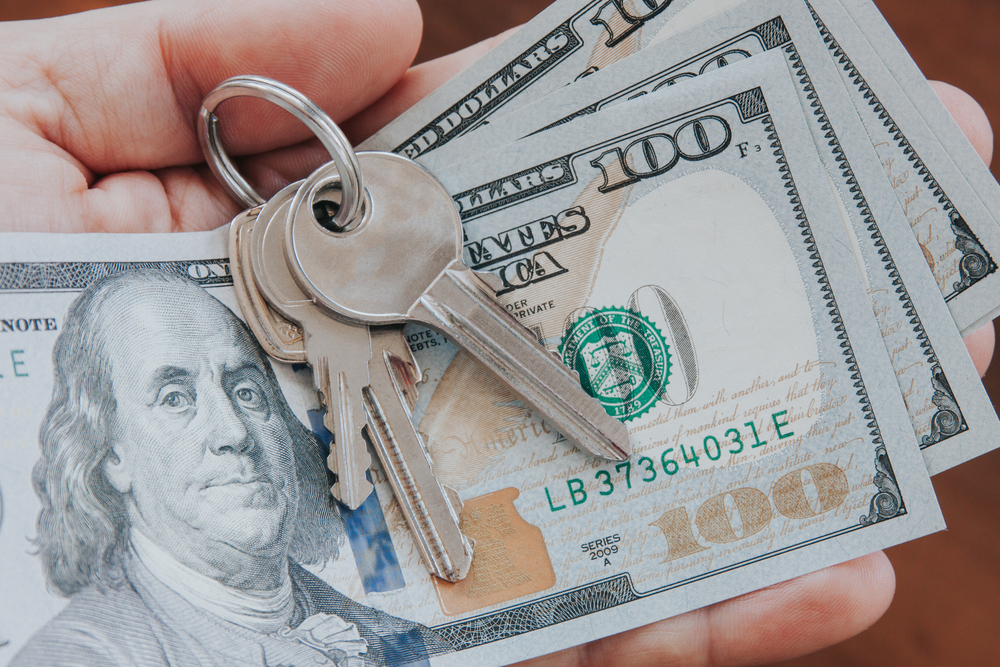Let Your Landlord Know Ahead of Time
Hiding from your landlord will only frustrate them. It certainly won’t help your case when trying to gain some leeway with the rent, either.
Communication is key. As soon as you know there will be an issue, tell your landlord. Explain why you’re coming up short and how this will affect your monthly payment.
Telling them your financial problems is just half of what you need to do, however, as you also need to discuss the solution.
Merely telling your landlord that you don’t have enough to pay them may not be enough to win the argument. Instead, tell them what you’re doing to ensure that you can pay the rent as soon as possible.
Are you looking for jobs? Are you expecting some sort of assistance? Regardless of which moves you’ll be making, communicating that to your landlord is essential, so they get the whole picture.
As a side note, your tone, attitude, and approach when discussing this issue may be just as important as the problem itself. Keep your calm and be polite. If things get heated, your chances of skipping the rent due to financial trouble may be slim.
Make It Official
Talking to your landlord in person or giving them a call may suffice if you can’t pay the rent. To show you’re serious, however, write them a hardship letter instead.
This letter explains your financial troubles and how you plan to rectify the situation. If you don’t know how to write a rent hardship letter, you can find examples on the Internet.
Aim for a Payment Plan or Lower Rent
Your landlord may not be willing to let you skip a payment entirely or put it off to a later date. If so, you can try to negotiate a lower rent payment so that it fits your finances, or you can set up a payment plan.
When negotiating a lower rent, you’ll need to discuss why you can’t afford the full amount. You will also have to detail reasons why your landlord should accept your offer, such as being a good tenant, usually paying on time, etc.
If you know you will have the rent money later on, a payment plan could help as you pay in installments instead of all at once.
Look for a Hardship Clause
Some leases have hardship clauses that will let you move out without penalty. If you do not wish to continue living in the unit, such a provision could be your easiest solution if no other options are open.
Let the Government Help You
The Department of Housing and Urban Development (HUD) may be able to help you find funding to pay your rent. If not, look for more local programs online by searching your location plus the term “rental assistance.”




